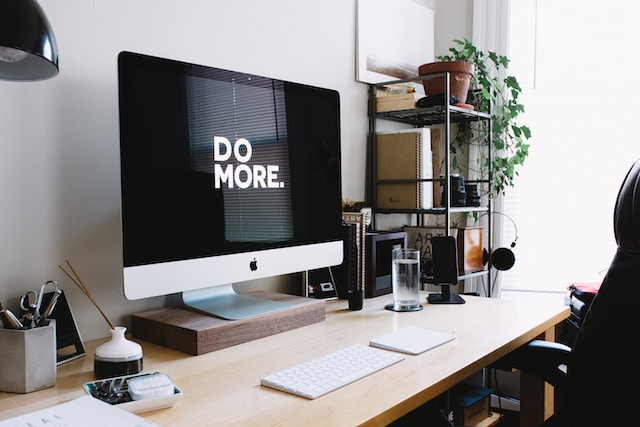As someone who has struggled with anxiety and stress for most of my life, I have found that meditation has been a lifesaver for me. It has helped me to find inner peace, reduce my stress levels, and improve my overall well-being. If you are interested in meditation but don’t know where to start, this beginner’s guide is for you.
What is Meditation?
Meditation is a practice that involves training your mind to focus on a particular object, thought, or activity. It is a way to calm your mind and reduce stress by bringing your attention to the present moment. Meditation can be done in many different ways, including sitting, walking, or even lying down.
Why Meditate?
There are many benefits to meditation, including reducing stress and anxiety, improving focus and concentration, and increasing feelings of well-being. Meditation has also been shown to improve sleep, lower blood pressure, and boost the immune system.
How to Meditate
1. Find a quiet place – Choose a quiet place where you won’t be disturbed. It can be helpful to create a designated meditation space in your home.
2. Get comfortable – Sit in a comfortable position with your back straight. You can sit on a cushion or chair, or even lie down if that is more comfortable for you.
3. Focus on your breath – Close your eyes and focus on your breath. Take deep breaths in through your nose and out through your mouth. Pay attention to the sensation of the breath moving in and out of your body.
4. Let go of thoughts – As thoughts come into your mind, acknowledge them, and then let them go. Don’t get caught up in them or try to push them away. Just let them pass by like clouds in the sky.
5. Start with short sessions – Start with short meditation sessions of 5-10 minutes and gradually increase the time as you become more comfortable with the practice.
Tips for Success
1. Be consistent – Try to meditate at the same time every day. This will help you to establish a routine and make meditation a habit.
2. Don’t judge yourself – Don’t worry if your mind wanders during meditation. It’s natural for thoughts to come and go. Just bring your attention back to your breath and continue with your practice.
3. Use guided meditations – If you are new to meditation, guided meditations can be helpful. There are many apps and websites that offer free guided meditations for beginners.
4. Be patient – Meditation is a practice, and it takes time to see results. Don’t expect to feel completely relaxed after your first session. Stick with it, and you will start to see the benefits over time.
Final Thoughts
Meditation is a powerful tool for reducing stress, improving focus, and increasing feelings of well-being. If you are new to meditation, start with short sessions and be consistent with your practice. Don’t judge yourself if your mind wanders, and be patient in seeing the results. With time and practice, you will find that meditation can be a transformative practice in your life.




